Austin Kleon writes this in his book Steal Like an Artist:
You have to be curious about the world in which you live. Look things up. Chase down every reference. Go deeper than anybody else – that’s how you’ll get ahead. Google everything. I mean everything. Google your dreams, Google your problems. Don’t ask a question before you Google it. You’ll either find the answer or you’ll come up with a better question.
As professionals we are often concerned for the client who “Googles” legal or accounting principles instead of obtaining proper advice. They meet with you full of what they understand to be knowledge, ready for their appointment with you, usually surprised when proper information is shared. While not all internet information is inaccurate, context is key.
As professionals there is an expectation of knowledge, that we manage complex issues daily without the need to Google. For the most part, that’s true. And if there is a search involved, it is usually through a legal database, case summary search, or a review of the Master Tax Guide.
However as a junior professional learning in your role, often Google or searching just isn’t the answer.
We wrote here about steps leaders and managers should take to ensure effective delegation of tasks. It is important to also consider the reverse and ask – how can I ensure that I understand the task which has been assigned to me? Google is not always the answer!
Effective leaders should follow a process to ensure that tasks are properly completed within a team. Importantly your team leader should be clear on the task you are to undertake – what is it, why it is important and when does it have to be completed by. This isn’t always the case though and you might find yourself receiving a file and a note saying ‘over to you’.
While each leader or manager will be different in their approach, as the person receiving the request there are some steps you can take to make sure you can complete what is necessary and meet the expectations of the person who delegated the task.
Take the example above – you have received a file with a note saying ‘over to you’. If the file is left on your desk the first step will be to read the file. Make notes of key people and dates, prepare some notes with a short chronology. Have a think about what the file is about and consider what you think are the next steps. Then go back to your manager and talk about the file. Indicate you’ve read the file, demonstrate your understanding of the matter. Tell the manager what you think the next steps are and seek guidance. Ask questions. Don’t guess or make assumptions, that is where errors get made.
If you have received a specific task that needs to be completed for a client make sure you have all of the information you need. During tax time accounting practices are a hive of activity. If you are delegated a task to complete as part of a broader client plan make sure you are clear on exactly what you need to do. If your instructions are vague, clarify the task. Importantly, in time-sensitive work, ask when the task needs to be completed.
If you are not sure about where the matter is heading and it is important for you to understand this to complete the task – ask the question. Make sure that you understand where this task fits within the management of the file. This may be critical to how you approach the task that you have been assigned. Don’t make assumptions here. Time spent working out a task which is ultimately headed in the wrong direction is time wasted. It is far better to clarify the task at the outset.
Finally – a practical tip – always take a notepad when you go into a meeting, write down what you need to know, take notes as you listen so that you can get on with your task from those notes, if you miss something or don’t understand something, ask the question. You will complete far better work exceeding your boss’ expectations when you understand what is expected of you.
When you start out in a role there is a lot to learn. Don’t be afraid to ask questions. Always keep learning and expand your knowledge.
Be passionately curious.
~~




